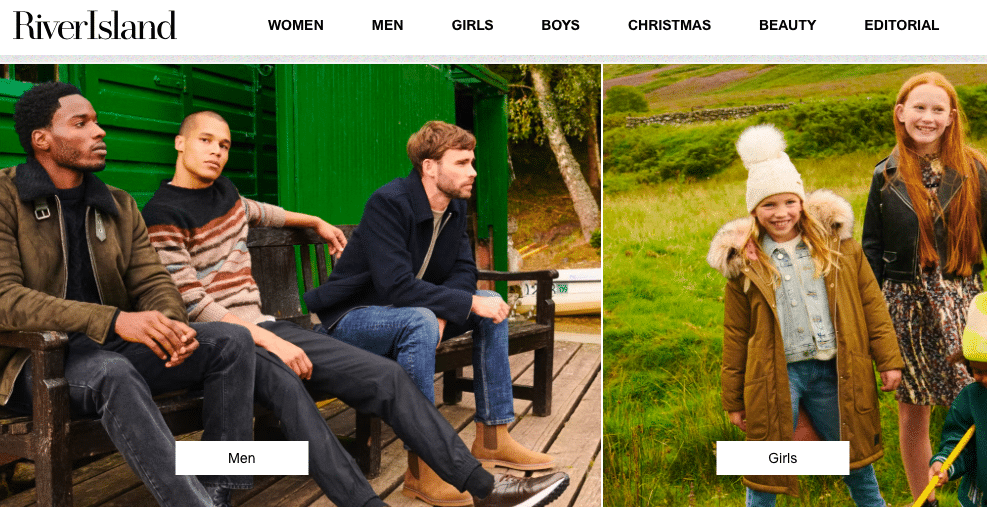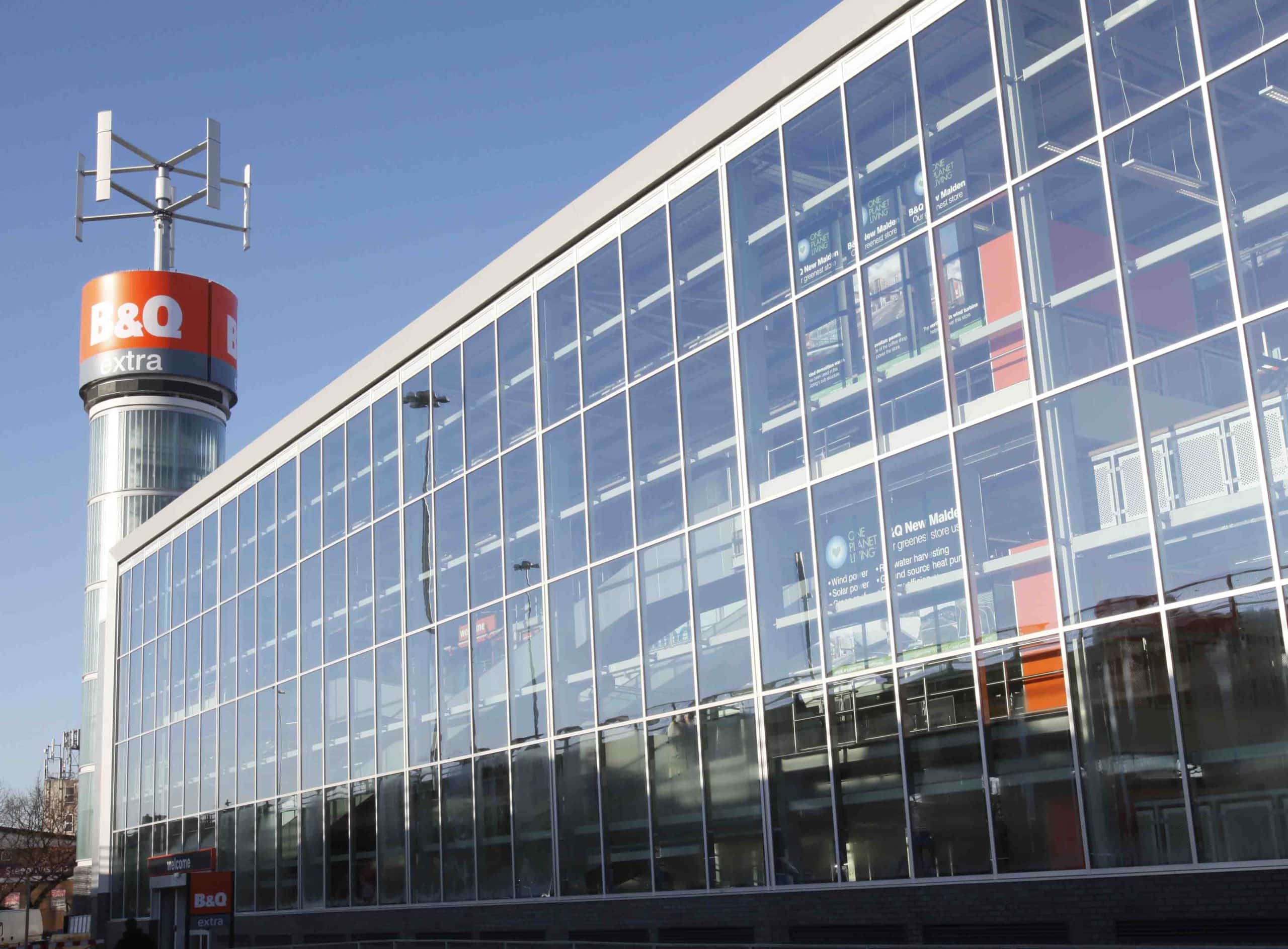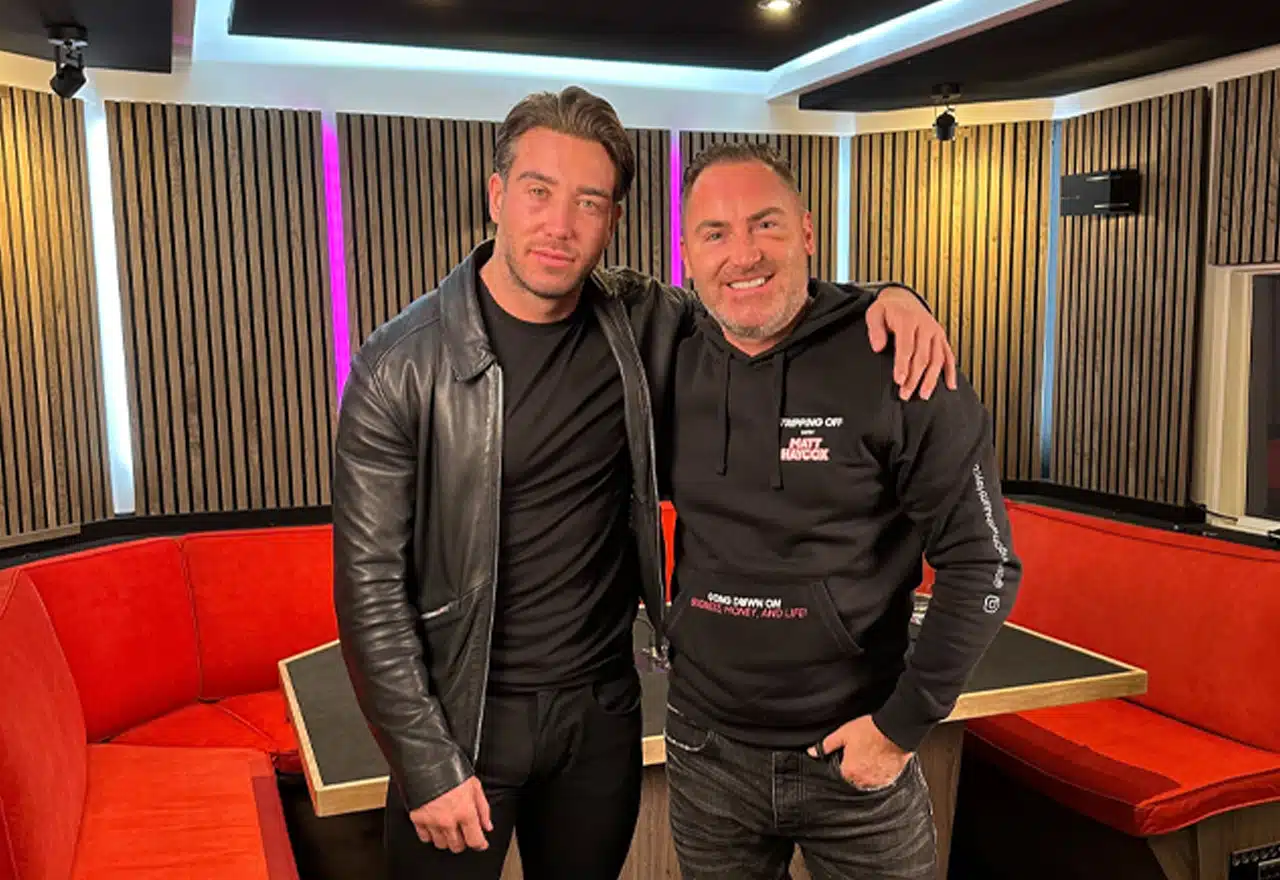
River Island revealed operating profits plunged 90% year-on-year to £7.4m in 2022, despite sales rising 11.6% to £825.8m.
RIVER ISLAND PROFITS
Gross profit dropped 69% year-on-year to £75.8m, which the high street fashion retailer said was impacted by a combination of costs to clear excess stock and costs of goods inflation, according to accounts filed on Companies House for River Island Holdings Limited.
The accounts also revealed that profit after tax fell by 91% year-on-year to £5.5m, for the 53 weeks to 31 December 2022.
Despite starting the year well, the retailer said it “subsequently suffered from both falling demand for fashions and rising stock levels, which affected margins, whilst underlying costs rose.”
HOW MANY STORES DOES RIVER ISLAND HAVE?
River Island has more than 300 stores in the UK, nearly 8,000 staff and ships to 125 countries around the world.
To address the issues, River Island said it has made “significant changes” which are starting to bear fruit, this includes refocusing its product ranges and a new leadership structure with new senior hires.
In December, it was announced that Richard Bradbury would be returning to the helm as executive chair, replacing Will Kernan, and taking full responsibility for the leadership of the family-run business.
Bradbury stepped down from River Island in 2010, and was replaced by Ben Lewis, the nephew of the founder of the company Bernard Lewis.
It closed the year with £110.9m in cash, compared to £159.6m for the same period in 2021. It has a net assets position of £226.6m, an increase from £216.7m in 2021.
River Island began life selling knitting wool in east London in 1948, the business was started by Bernard Lewis, now 97. And the Lewis Trust now entirely owns the retailer, as well as property, hotels and wealth management companies.
In the 2023 Sunday Times Rich List, Bernard Lewis and family ranked 66th with an estimated worth of £2.7bn.
WHY PROFITS ARE KING IN 2023
As inflation bites and costs soar, we’re seeing many big fashion and retail businesses post falling profits as margins take a hit.

Last month, Kingfisher, the UK’s largest DIY retailer and owner of brands B&Q and Screwfix, cut its profit forecast for the year, with tough trading and higher operating costs denting margins in the first half.
And with interest rates remaining high and expected to continue like this, the cost to borrow money has become a lot more expensive for businesses. Many are looking to refinance their debt on more favourable terms, with some credit lenders calling in debt as the global economy remains fragile.
But what does this mean for highly leveraged direct-to-consumer (DTC) businesses who have been built on high growth, low profits? It’s not a good time.
After a decade of cheap borrowing, these businesses now find themselves struggling to make their business model work, with accessing money harder and costs, such as online advertising, rocketing.
Only last week, two major public DTC companies declared bankruptcy or sold for pennies on the dollar, with dwindling profits being a major factor.
Teeth straightening business Smile Direct Club has filed for bankruptcy. It was valued at almost $9B in its IPO in 2019. It’s currently worth nearly $0.
And meal kit delivery service Blue Apron announced that it is selling itself for $103mm. While this is a premium to its pre-acquisition valuation, at peak Blue Apron was worth over $3B, so the sale price represents a drop of 97%.
The market today now has little time for unprofitable, shrinking companies, and is not willing to keep propping them up with unlimited funds. And these businesses won’t be the last D2C bankruptcies or buyouts we’ll be seeing over the coming months.
WHY IS PROFIT IMPORTANT TO A BUSINESS?
Ben Cogan, who acquires and invests in D2C businesses, says: “The long-term value of a business is ultimately a function of its future profitability. Unprofitable brands can exist in the public markets and even be valued highly if investors see revenue growth. In that case, investors will reason, the company can grow into profitability. But if a company is unprofitable *and* shrinking, where’s the future profit going to come from?” he adds.
Cogan says companies usually have some time to figure it out but eventually, investors question if the brand can ever reach consistent profitability. The stock drops and the company is worth less than $200m.
At that point, the market is clearly doubting whether the company can survive as a standalone business and, if it can’t, it declares bankruptcy (Smile Direct Club). Or, the company becomes an attractive acquisition target for another company who thinks it can run the business more productively (Blue Apron).
Unfortunately, several other public DTC brands are ticking these 3 boxes and it’s not hard to predict that at least some of them are not going to make it for much longer as public companies, he says.
“Many once hot D2C start-ups, like Blue Apron and Allbirds, are keeping up appearances with customers, but behind the scenes they are hollowing out,” says Elizabeth Segran, senior staff writer at Fast Company Magazine. “They’re outsourcing many parts of their business to reduce costs, but this also means they are losing many of the things that made them unique and interesting.
“This is partly why their valuations are plummeting. As a reporter who has covered the D2C movement since its inception, it’s now apparent to me that this cost-cutting is a sad – but logical – next step for brands that took on inordinate amounts of venture funding,” she adds.
Keep up-to-date with the latest business news and analysis over on Matt Haycox Daily. For all the latest news, insights and strategy, sign-up to the Matt Haycox weekly newsletter, below.
Have a great idea but need the money to get it up and running? Want to start building your investment portfolio? Or have a great start-up but need coaching to take it to the next level? We can help – get in touch to find out more.




